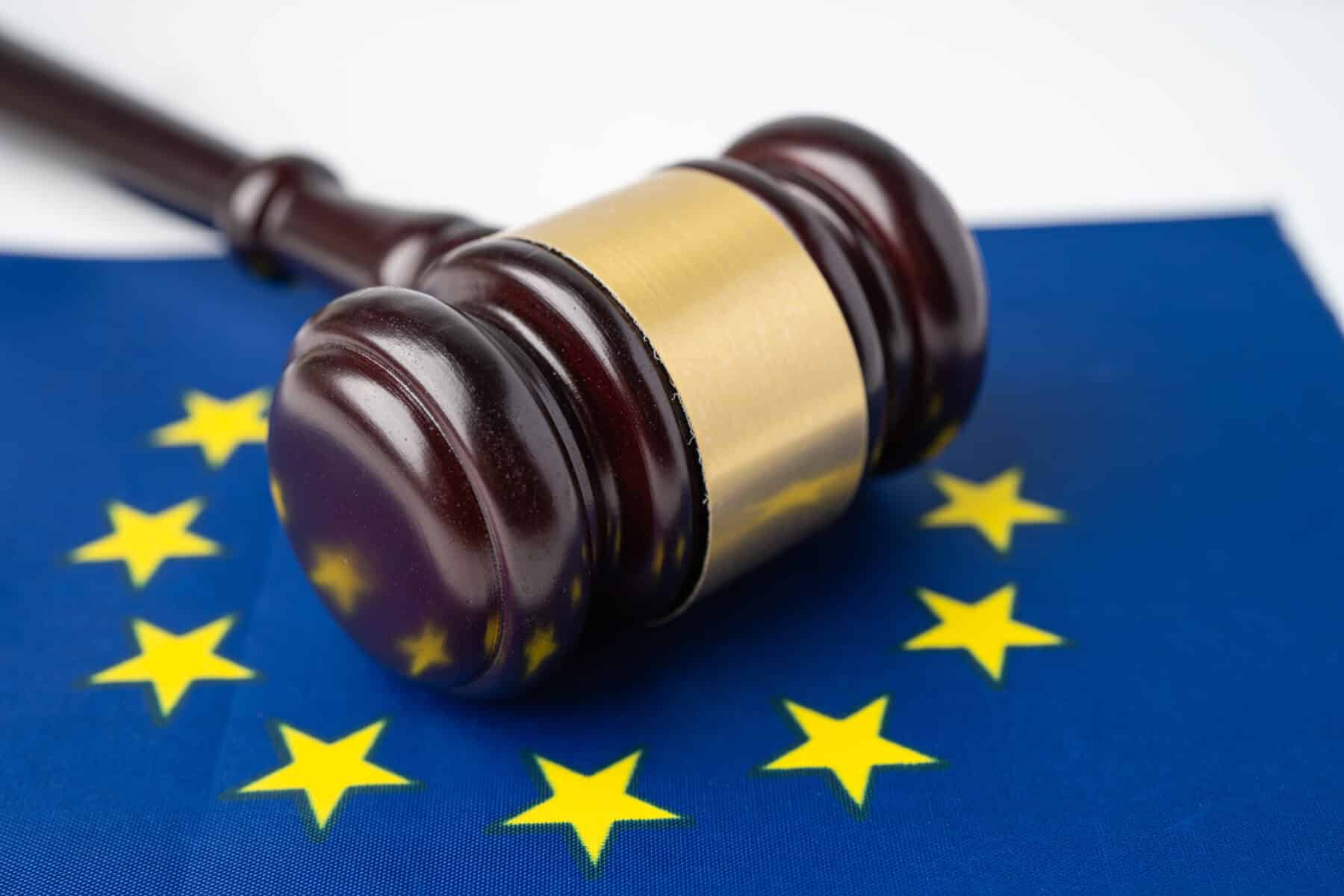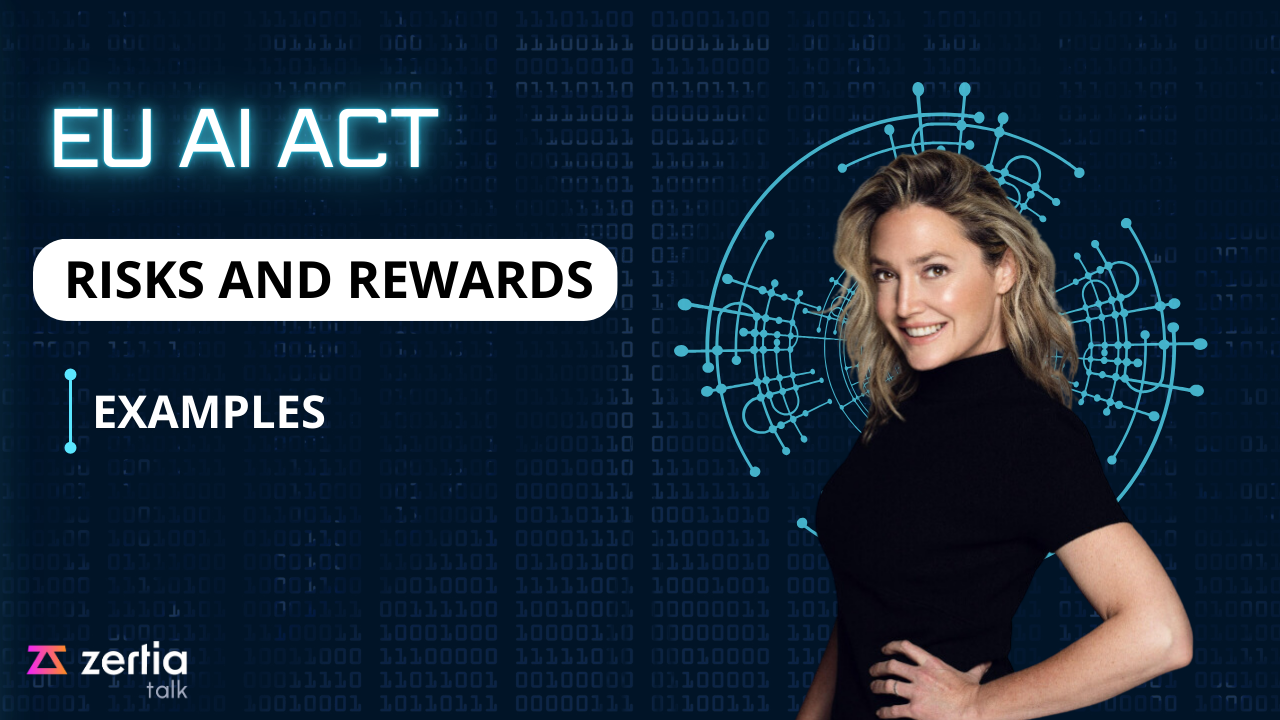Regulatory Framework for High-Risk AI
The EU AI Act is now in force, shifting the focus to the potential risks that artificial intelligence systems may pose to society. Introduced in the European Parliament in 2021, this legislation seeks to establish a robust regulatory framework to ensure the safe development and deployment of these technologies, especially in high-risk sectors such as healthcare, transport, and public safety.
The Act classifies AI systems according to the level of risk they pose, thereby addressing growing concerns about their impact on society. High-risk AI systems, which may affect human rights, security, and welfare, are subject to the strictest regulatory requirements. This includes applications such as biometric identification, critical infrastructure management, and AI in medical devices.
Security Mechanism: Post-Market Monitoring
One of the fundamental pillars of the AI Act is the requirement for post-market monitoring of high-risk AI systems. This requirement, stipulated in Article 72, obliges providers to implement a comprehensive system that tracks the performance and impact of their technologies after deployment.
The aim is to ensure that AI systems continue to comply with the legislation throughout their operational lifecycle. This involves collecting, documenting, and analyzing data to identify potential problems, such as bias or discriminatory results. Providers must be ready to take corrective action if their systems are found to be in violation of legal requirements.
The emphasis on post-market monitoring reflects the EU’s commitment to creating a safer and more reliable AI ecosystem. By requiring continuous oversight, it seeks to prevent harmful outcomes and maintain public confidence in these technologies.
Data Recording: Transparency and Accountability
In addition to monitoring, the AI Act requires providers of high-risk AI systems to maintain rigorous data logging practices. This includes automatic documentation of events and decisions made by AI systems during use, thus ensuring that they operate with transparency and accountability.
Logging is crucial, especially in high-risk applications, where a malfunction could have serious consequences. By keeping detailed records, vendors can demonstrate their compliance with the law and provide evidence in case of regulatory investigations or legal challenges.
Implementation Challenges
While the AI Act sets a high standard for the regulation of AI technologies, its implementation presents significant challenges for businesses. Organizations will need to invest in new monitoring and data logging systems, as well as develop strategies to meet legislative requirements. As technology evolves, the EU will also need to update legislation to address new risks and ensure its relevance.
Conclusion: A Bold Step Towards AI Regulation
In summary, the EU AI Act represents a bold step toward the regulation of artificial intelligence, aiming to protect society from the potential dangers of high-risk AI systems. By focusing on post-market monitoring and data logging, the European Union is setting a global standard for security and accountability in the field of artificial intelligence. At Zertia, we are committed to following these developments and helping organizations navigate this new regulatory landscape.






